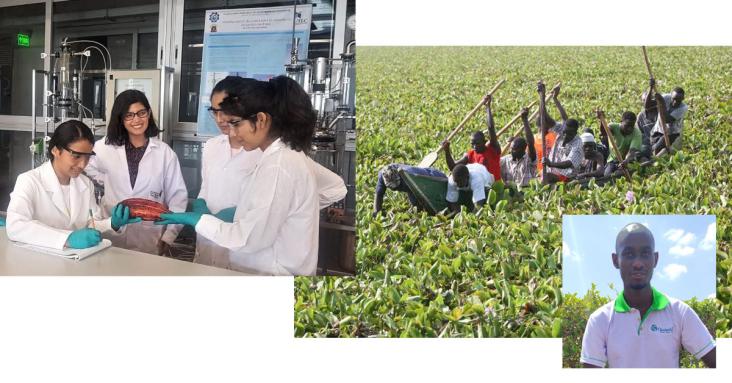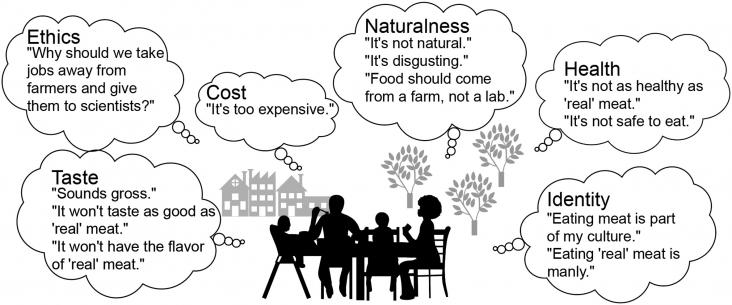
This article highlights the winning proposals of the fifth edition of the Elsevier Foundation Green & Sustainable Chemistry Challenge. The winning proposals were chosen for their innovative green chemistry aspects and their large positive impact on the environment, contributing to SDGs 7, 8, 10, 12, 13, 14 and 15.
This paper describes the relationship between agriculture, food supply chains and children’s and adolescents’ diets and their food accessibility, advancing knowledge on SDG 2, zero hunger.
This book chapter addresses goals 12, 14 and 15 by discussing the debate surrounding the role of biodegradable plastics in solving plastic solid waste accumulation and assisting the transition toward a circular economy, in turn encouraging more sustainable communities and responsible consumption.
This book chapter advances SDGs 6, 12 and 11 by analyzing research studies on water remediation within the framework of 12 principles of green chemistry, bibliometric features, and characteristics of related research papers.
Entomophagy is increasingly seen as a potential solution to provide a sustainable source of protein. However, the attitude of Western consumers towards insect-based products is generally negative.
The dichotomous divide between vegetarians and omnivores seems clear: Omnivores eat meat, whereas vegetarians do not.
Food production entails a series of steps and operations that convert raw biomass into final products suitable for human consumption.
Landscape fragmentation and farming can affect the diversity of plants and pollinators harbored by linear landscape elements (LLE) in agroecosystems.

